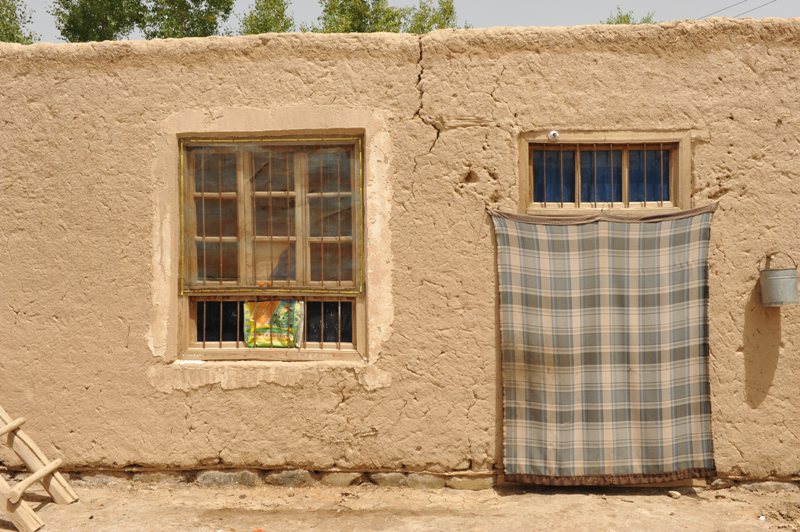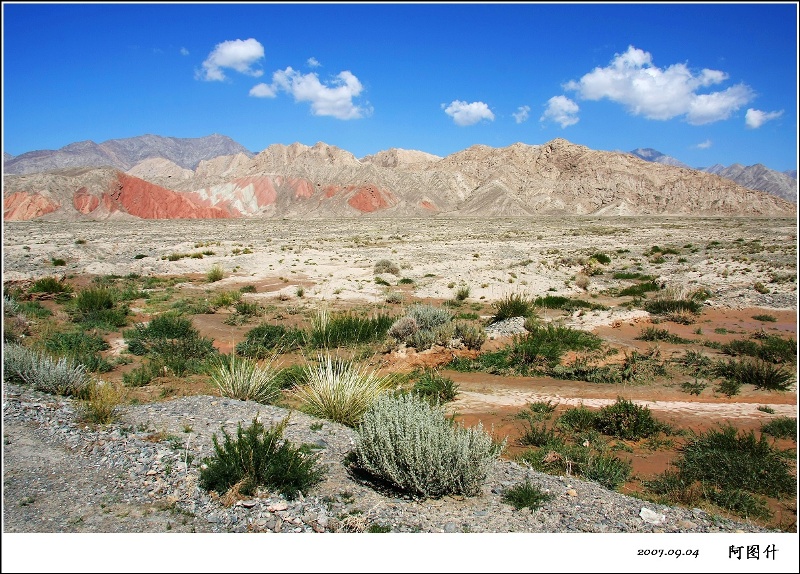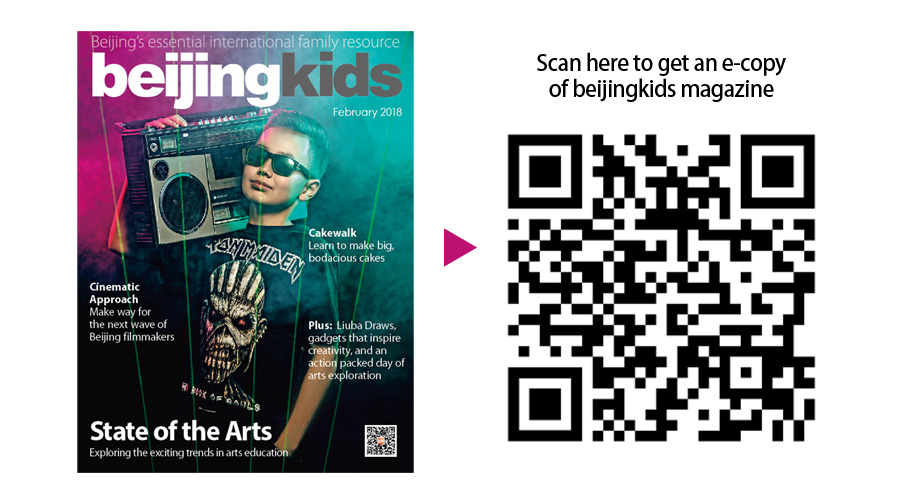Echoes from Xinjiang is a book co-written by Xu Leran, Ling Jiayi, Zhou Haoyue, Zhang Xiaotong, and Qiu Tongyan, students from Beijing City International School (BCIS) who are currently in year 12.
Xu’s father is one of the sponsors of Beijing Meijiang Education Foundation, a non-profit organization that is dedicated to ensuring girls from Xinjiang Uygur autonomous region receive as good education as their city counterparts. Xu takes part in voluntary activities held by the Foundation.

Xu Leran
The closer Xu came to Meijiang People, the more curious she became about these sponsored students and their stories. Along with a couple of her classmates, she interviewed ten of the girls. Based on their interviews, the book consists of ten separate stories of these girls’ lives.
The e-version of the book is available from iBook and Amazon. The paper book is expected to be published soon, with two extra stories about two girls supported by the Foundation who were enrolled at universities this year.
For most of those children coming from poverty-stricken southern rural Xinjiang, access to good education is out of reach. The ten protagonists of the book, Nuerrguli Tuerdi, Dilinuer Reheman, Yibadi Gury, Yueriguli Worgul, Salsa, Yanyan, Meimei, Mina, Nadire, and Dilnur, are lucky exceptions, thanks to the foundation.
Because of their special background, these girls are a thousand miles far away from home for better education. Their independence, persistence, optimism, and gratefulness deeply touched their BCIS peers during the interviews.
Over nearly a whole year working on the book, Xu and her teammates have experienced so many unforgettable moments–missing the train, brainstorming before the interview, enjoying Xinjiang food together…The whole process for them was a very valuable experience that taught them the sort of lessons they couldn’t get from textbooks.
According to Xu, doing the interviews and preparing the book not only broadened their horizons on Xinjiang customs and culture, but also helped them be more grateful for what they have been given.
That’s how the whole team feel. As Ling Jiayi put it: “As a typical high school student born and living in Beijing for the past 17 years, I have lived a peaceful metropolitan life. This summer a fortunate opportunity introduced me to a group of Uyghur students sponsored by Meijiang Education Foundation. Moments of admiration have arisen at their true and simple understanding of filial piety and friendship.”
Realizing the inequality in the distribution of educational resources in China, those BCIS students feel obligated to do what they can for their less lucky counterparts, and they all expressed their determination to do more volunteer works in the future.

Landscape in rural Xinjiang
Xu Leran shows us some photos from Artux in Xinjiang (see below) and tells us more about the book and what they have experienced during the process.
What inspired you to make this book in the first place?
My father is one of the sponsors of Beijing Meijiang Education Foundation. I had the access to know about the organization, and began to join voluntary activities held by the Foundation. I became more and more curious about these beneficiary students who probably are from totally different family backgrounds as me. I, therefore, set up a team with a couple of my classmates and carried out in-depth interviews with ten students from Xinjiang now studying in Beijing and Tianjin with the financial support of the Foundation.
Were there any unexpected challenges you faced during the process, and how did you overcome them?
The most difficult part for us I think is to dig out the uniqueness behind the similar cultural background of these Uygur girls. We tried to ask different questions based on our understanding of them, and get their stories out by some casual and relaxing questions.
Another challenge is writing. We didn’t want to use the same writing pattern and tried to make the book more readable. We read more over the past months to improve our writing skills.
What characteristics do these Uygur girls possess that you think differs from your peer friends?
I think it is their spirit of independence. Nana, one of the girls, insisted on going to school when she hurt her ankle and the teacher suggested she should take some rest. She got up earlier in order to catch the class on time. That’s probably something most of my classmates wouldn’t do. And also, they have a stronger sense of responsibility. They’re concerned about their hometown’s development and set their minds to contribute to their birthplace’s development in the future as a way to pay the favor back to society.
Were there any moments that touched you most during the interview?
The girls we visited are attending classes specialized for Xinjiang students. When we visited them, we were deeply touched by the determination and vision for a bright future that lit up their faces. What touched me most is their unexpected warmth and kindness. We were worried that they might not be very supportive, but things turned out to be the very opposite way. They spared no bother to walk a long way just to show us to a restaurant with good Xinjiang food. We had a great time together.
Does meeting these Xinjiang girls give you a new impression and understanding of Xinjiang?
Yes, it does. There have been some negative reports about Xinjiang in recent years which sort of instilled some suspicions in us. These Xinjiang girls totally reassured us by their hospitality and kindness. We also became big fans of Xinjiang culture and food because of them. It’s stupid and biased to despise the whole nation just because of a small group of exceptions.
Would you like to work for non-profit organizations like Meijiang Education Foundation one day?
Absolutely. We were invited to take part in Meijiang Education Foundation’s annual meeting, where we met lots of volunteer workers, sponsors, and beneficiary students. What the organization is doing really positively affected us from many aspects. We are planning to volunteer to teach in Xinjiang during our school holidays. We want to do what we can do for children in less developed areas.
What’s the biggest harvest you’ve received from the book-making process?
For us, the biggest harvest I think is to get to know these girls. Their spirit of persistence and hard work gives us a very good example to follow. As I mentioned before, it’s not us that helped them but the opposite way. They broadened our horizons about Uyghur customs and culture, gave us a brand new perspective of nationality, and helped us realize how important education is. We are more grateful for what we have and have more encouragement to face challenges in our future life. We also want to visit Xinjiang one day, to see the beautiful scenery as they described.
What was your main motivation in producing this book, and what kind of information do you hope to convey to readers via the book?
Our main motivation is to show how education matters, especially for those from rural undeveloped areas. These children’s longing for good education should be met. We need more organizations like Meijiang Education Foundation to help them, and more importantly, to civilize local families about receiving education and giving up gender prejudice.
Also, we want to clear up people’s bias towards Xinjiang people. There is still a gap between Uygur and Han, which is the cause of many misunderstandings and conflicts. We want to see big changes through education and communication.

Landscape in rural Xinjiang

Photos: Uni You; Courtesy of Xu Leran, Beijing Meijiang Education Foundation
This article appeared on p42-44 of beijingkids February 2018 issue.


